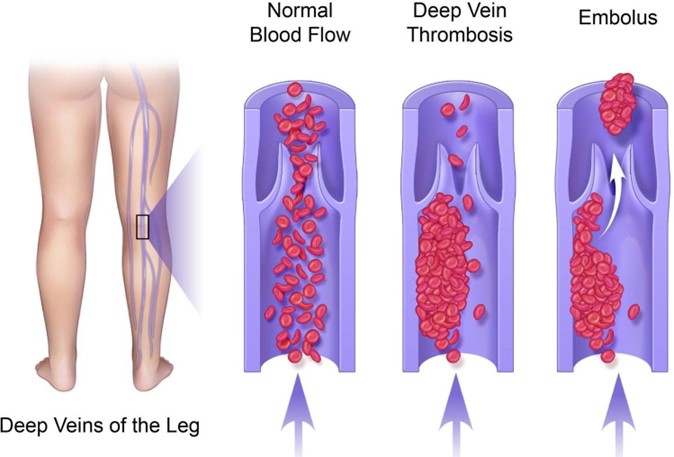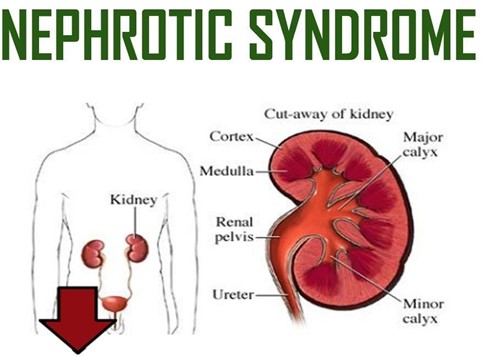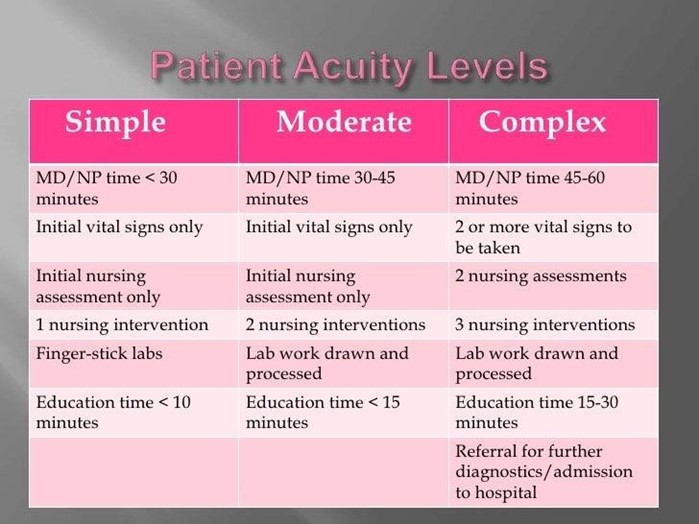The practical nurse reports that a client with a deep vein thrombosis (DVT) was mistakenly given heparin in addition to the prescribed warfarin. Which priority action should the nurse take?
Notify the healthcare provider.
Monitor for signs of bleeding.
Complete an adverse occurrence report.
Obtain blood for coagulation studies.
The Correct Answer is A
Choice A Reason: This is the correct answer because the nurse should immediately inform the healthcare provider of the medication error and the client's condition. The healthcare provider may order antidotes, such as protamine sulfate for heparin and vitamin K for warfarin, to reverse the anticoagulant effects and prevent bleeding complications.
Choice B Reason: Monitoring for signs of bleeding is important but not the priority action for the nurse because it does not address the cause of the problem or prevent further harm. The nurse should monitor the client's vital signs, hemoglobin, hematocrit, and urine output, as well as check for any signs of bleeding, such as bruising, petechiae,
hematuria, hematemesis, melena, or epistaxis.
Choice C Reason: Completing an adverse occurrence report is important but not the priority action for the nurse because it does not provide immediate intervention or treatment for the client. The nurse should complete an
adverse occurrence report after notifying the healthcare provider and implementing appropriate actions. The report should include the details of the error, such as the time, dose, route, and name of the medications involved, as well as the client's response and outcome.
Choice D Reason: Obtaining blood for coagulation studies is important but not the priority action for the nurse because it does not provide immediate intervention or treatment for the client. The nurse should obtain blood
samples for coagulation studies, such as prothrombin time (PT), international normalized ratio (INR), and activated partial thromboplastin time (aPTT), after notifying the healthcare provider and following their orders. The results of these tests can help determine the extent of anticoagulation and guide further therapy.

Nursing Test Bank
Naxlex Comprehensive Predictor Exams
Related Questions
Correct Answer is D
Explanation
Choice A Reason: A subtotal thyroidectomy is a major surgery that involves the removal of part of the thyroid gland. The client may have complications such as bleeding, infection, hypocalcemia, or vocal cord damage. The client also needs close monitoring of vital signs, blood transfusion, and airway patency. This client is not stable enough to be transferred to a general unit.
Choice B Reason: A combined partial and full-thickness burn is a serious injury that involves damage to the epidermis, dermis, and underlying tissues. The client may have complications such as infection, fluid loss, hypovolemia, shock, or respiratory distress. The client also needs wound care, pain management, fluid replacement, and oxygen therapy. This client is not stable enough to be transferred to a general unit.
Choice C Reason: A renal transplant is a major surgery that involves the replacement of a diseased kidney with a healthy one from a donor. The client may have complications such as rejection, infection, bleeding, thrombosis, or urinary obstruction. The client also needs immunosuppressive therapy, anti-infective therapy, fluid and electrolyte balance, and pain management. This client is not stable enough to be transferred to a general unit.
Choice D Reason: Nephrotic syndrome is a kidney disorder that causes excessive protein loss in the urine, leading to low serum protein levels and edema. The client may have complications such as infection, thromboembolism, or malnutrition. The client needs diuretic therapy, protein replacement, dietary modification, and infection prevention. This client is relatively stable and can be transferred to a general unit.

Correct Answer is A
Explanation
Choice A Reason: This is the correct answer because the acuity level of the clients reflects their complexity and intensity of care needs. The higher the acuity level, the more time and resources are required to provide safe and quality care. The charge nurse should consider the acuity level of the clients when determining the appropriate nurse-to-client ratio and staffing needs.
Choice B Reason: The physicians' plans to perform procedures on the unit is not the most important information for the charge nurse to consider because it does not directly affect the nursing workload or staffing requirements. The charge nurse should coordinate with the physicians and other departments to ensure that the procedures are scheduled and performed safely and efficiently.
Choice C Reason: The number of clients leaving the unit for diagnostic tests is not the most important information for the charge nurse to consider because it does not indicate the level of care that the clients need or receive. The charge nurse should ensure that the clients are prepared and accompanied for their tests and that their care is continued and monitored on their return.
Choice D Reason: The skill level of the personnel staffing the unit is not the most important information for the charge nurse to consider because it does not reflect the actual demand or supply of nursing care. The charge nurse should assign and delegate tasks according to the personnel's skill level and scope of practice but also consider other factors such as client acuity, availability, and preference.

Whether you are a student looking to ace your exams or a practicing nurse seeking to enhance your expertise , our nursing education contents will empower you with the confidence and competence to make a difference in the lives of patients and become a respected leader in the healthcare field.
Visit Naxlex, invest in your future and unlock endless possibilities with our unparalleled nursing education contents today
Report Wrong Answer on the Current Question
Do you disagree with the answer? If yes, what is your expected answer? Explain.
Kindly be descriptive with the issue you are facing.
